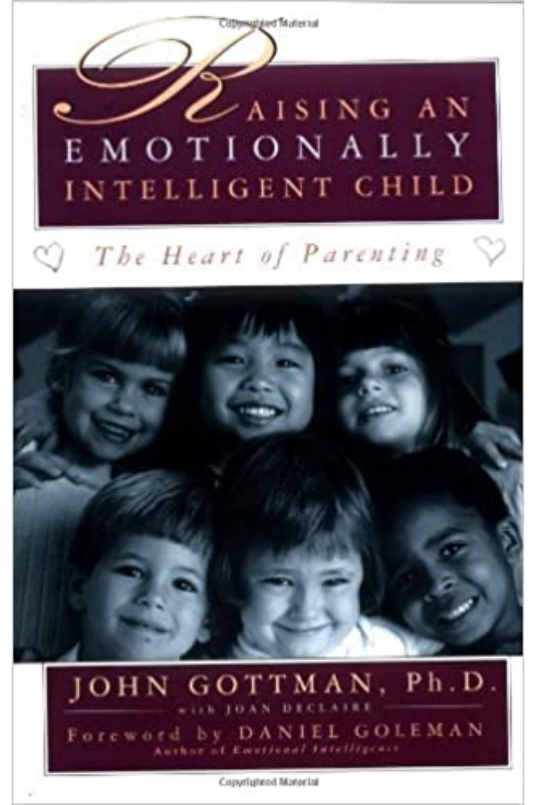Also, it will help you better understand how to embrace the “emotion coaching” mindset that will help with parenting as well as many other areas of your life.
Flow: 5/5
Actionability: 4/5
Mindset: 4/5
Some of My Highlights:
“More and more families live far from relatives, often in neighborhoods where parents of young children are afraid to let them play on the streets, let alone visit a neighbor’s house.”
“The secret lay in how parents interacted with their children when emotions ran hot.”
“For parents, this quality of ’emotional intelligence’ – as many now call it – means being aware of your children’s feelings, and being able to empathize, soothe, and guide them.”
“They don’t object to their children’s displays of anger, sadness, or fear. Nor do they ignore them.”
“But our studies indicate that a father’s influence can be much more extreme, whether that effect is good or bad.”
“And finally, Emotion Coaching does not mean an end to discipline.”
“Studies reveal that children who feel respected and valued in their families do better in school, have more friendships, and live healthier, more successful lives.”
“…authoritative parents set limits but are considerably more flexible, providing their children with explanations and lots of warmth.”
“Therefore, parents should set limits on acts, but not emotions and desires.”
“…he believed that parents should honestly express their anger, provided that it is directed at a specific problem and does not attack the child’s personality or character.”
“The path to becoming a better parent – like most every road to personal growth and mastery – begins with self-examination.”
“In addition, we can assume that children who are reprimanded, isolated, spanked, or otherwise punished for expressing their feelings get a strong message that emotional intimacy is a high-risk proposition.”
“Emotion-Coaching parents don’t feel compelled to fix everything that goes awry in their kids’ lives.”
“Spaking, sarcasm, threats, derogatory statements, or expressions of contempt should definitely be avoided.”
“Common ways to tap into your feelings include meditation, prayer, journal writing, and forms of artistic expression, such as playing a musical instrument or drawing.”
“Keep in mind that building greater emotional awareness requires a bit of solitude.”
“Addressing feelings that are low in intensity before they escalate also gives families a chance to practice listening and problem-solving skills while the stakes are small.”
“My advice to parents, then, is to help your kids find words to describe what they are feeling. This doesn’t mean telling kids how they ought to feel. It simply means helping them develop a vocabulary with which to express their emotions.”
